

4:00 pm EDT - 5:30 pm EDT
Past Event
While the current multilateral system has served the world well for the past eight decades, there is a growing consensus that it is failing to address contemporary challenges. Extreme social inequalities, job insecurity, and climate change are inhibiting progress on social and economic development. Geopolitical tensions and violent conflict are worsening, leading to devastating humanitarian crises. The specter of a new ‘cold war’ between China and the United States, growing nationalism, protectionist tendencies, and risks of geoeconomic fragmentation fuel anxiety about global security and stability.
To better respond to these challenges, the U.N. secretary-general, with the support of nations around the world, is leading the charge to build a reformed multilateral system that is more inclusive, networked, and effective. Importantly, the multilateral reform agenda is taking place in the context of a myriad of national elections. Of the 70 or so countries that have either held or will hold national elections this year, arguably none is more consequential for multilateralism than the 2024 U.S. presidential election, owing to the importance of the U.S. as a global superpower and the leadership role of U.S. presidents in past reforms of the multilateral system.
On September 24, on the sidelines of the United Nations General Assembly, Brookings convened high-level experts to discuss key questions about the future of multilateralism: What is the current state of multilateralism? What are priority areas for reform? What are the best approaches to reform the multilateral system in an increasingly fraught geopolitical environment? And how could the outcome of the U.S. elections affect the future of multilateralism? The event opened with remarks from the vice president of the Global Economy and Development program at Brookings, Brahima S. Coulibaly, followed by fireside chat and a panel discussion.
This event is a part of Election ’24: Issues at Stake, a Brookings initiative aimed to bring public attention to consequential policy issues confronting voters and policymakers in the run up to the 2024 election. This includes equipping leaders with insights and policy ideas to help them govern in 2025 and beyond.
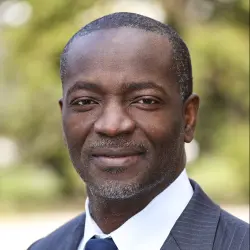

Moderator
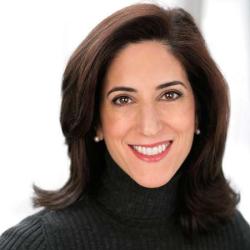

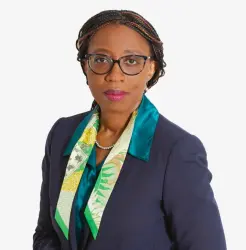

Kori Schake, Angela Stent, Franz-Stefan Gady, Anders Fogh Rasmussen, Liana Fix, Fabian Hoffman, Minna Alander, Gabrielius Landsbergis, C. Raja Mohan
June 20, 2025
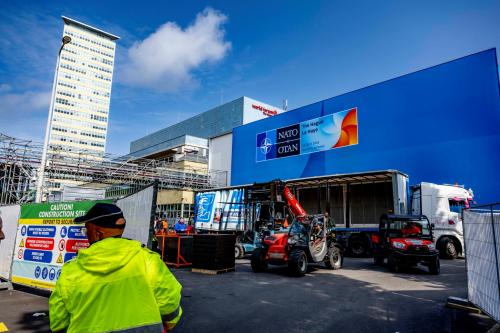
James Goldgeier, Sophie Roehse
June 18, 2025
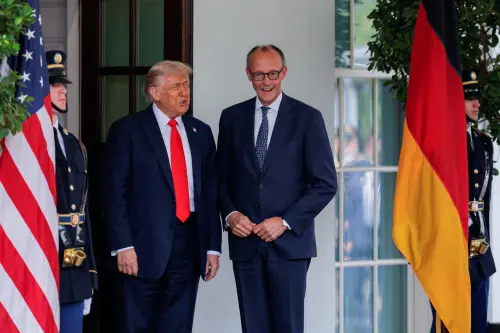
Sophie Roehse, Constanze Stelzenmüller
June 17, 2025